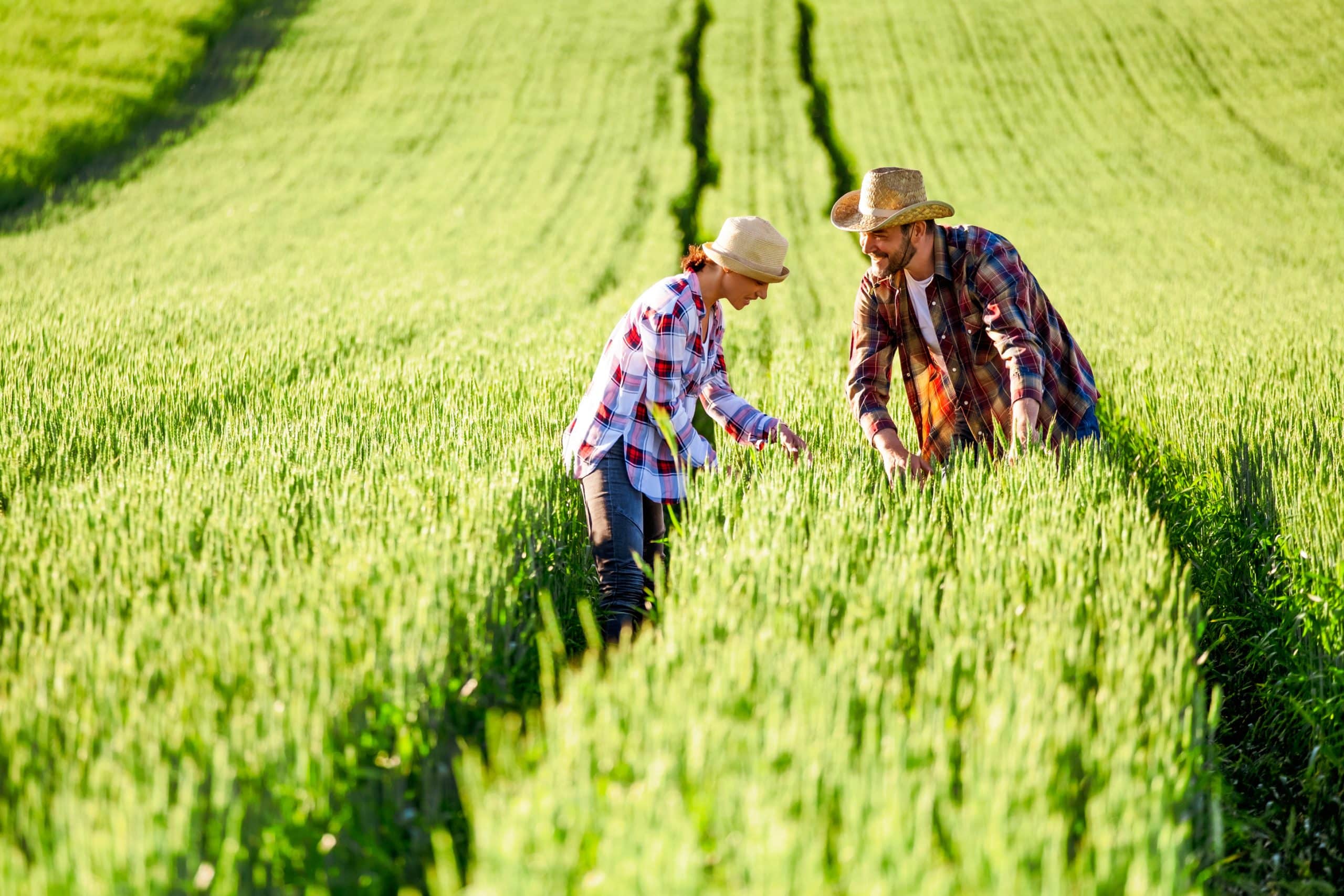The world is looking for solutions to combat climate change and ensure a sustainable future. One promising answer lies in the soil beneath our feet: regenerative agriculture. This practice is catching the eye of everyone from farmers to corporations like Unilever. So what is regenerative agriculture, and why is it making waves in the UK farming industry?
Understanding Regenerative Agriculture
Regenerative agriculture is a system of farming that improves the resources it uses, rather than merely maintaining or depleting them. It involves practices that restore the soil, enhance biodiversity, and support the overall health of the land.
Also to read : Master the art: tree surgeon courses in kent await you
The focus of regenerative agriculture is to capture carbon in the soil and above-ground biomass, reversing current global trends of atmospheric accumulation. At the same time, it offers increased yields, resilience to climate instability, and higher health and vitality for farming communities.
The system draws from decades of scientific and applied research by the global communities of organic farming, agroecology, holistic management, and permaculture.
Also to discover : Unlock the Essence of Art: A Rare One-of-a-Kind Oil Painting Available
The Scope of Regenerative Agriculture in the UK
The UK has a unique agricultural landscape, influenced by its temperate climate, diverse soils, and varied topography. This diversity presents a ripe opportunity for the adoption of sustainable farming practices like regenerative agriculture.
The National Farmers’ Union has set a target to reach net-zero greenhouse gas emissions across the UK’s farming industry by 2040. This ambitious goal underscores the need for transformative practices like regenerative agriculture.
Broadly speaking, regenerative agriculture in the UK includes practices such as minimal disturbance to the soil, cover cropping, crop rotation, and planned livestock grazing. These practices not only sequester carbon but also revitalise the land, boost biodiversity, and improve rural livelihoods.
Unilever’s Support for Regenerative Agriculture Practices
Even major corporations are recognising the importance of regenerative farming for future sustainability. Unilever, one of the world’s largest consumer goods companies, has recently pledged to transition to regenerative agriculture.
Unilever’s commitment to regenerative farming is part of its broader sustainability targets. Their objective is to ensure that by 2030, all of their key crops—such as palm oil, tea, and cocoa—are sourced sustainably.
Unilever supports farmers in adopting regenerative agriculture practices. This includes offering training, funding for farm improvements, and guaranteed purchase agreements. This level of support provides a significant incentive for farmers to change their farming practices, and it signals a broader shift in the industry towards sustainable production.
Regenerative Agriculture and Climate Change
Regenerative agriculture could be a game-changer in the fight against climate change. Farming practices that regenerate the soil can sequester significant amounts of carbon, helping to offset greenhouse gas emissions.
Agriculture currently contributes to around 9% of the UK’s total greenhouse gas emissions, largely through the use of synthetic fertilisers and livestock farming. However, if widespread regenerative practices are adopted, this figure could dramatically reduce.
In addition, regenerative farming can make farms more resilient to the impacts of climate change. Healthier soils retain more water, reducing the risk of drought and flooding. Increased biodiversity also makes ecosystems more robust and able to withstand extreme weather events.
The Future of Regenerative Agriculture
Regenerative agriculture in the UK is still in its early stages, but its potential is vast. As awareness grows, more farmers are likely to adopt these practices, encouraged by the support of corporations like Unilever and the promise of increased resilience in the face of climate change.
Government policies can also play a critical role in supporting this transition. Subsidies or tax incentives could be used to encourage farmers to adopt regenerative practices, while education and training could help to spread knowledge and skills.
The future of regenerative agriculture in the UK is bright. With the support of farmers, corporations, and the government, this sustainable farming practice has the potential to transform our agricultural landscape, combat climate change, and secure the future of farming in the UK.
The Role of the Food Supply Chain in Promoting Regenerative Agriculture
An important factor in the success of regenerative agriculture is the role played by the food supply chain. From producers to consumers, each link contributes to the shift towards more sustainable farming practices.
Farmers form the first link in the chain, and their move to regenerative practices is crucial. Through minimal soil disturbance, cover cropping, and planned grazing, they can significantly enhance soil health and biodiversity. These practices sequester carbon, reducing greenhouse gas emissions, and contribute to a healthier, more resilient ecosystem.
However, farmers need incentives to adopt these practices. This is where the next link in the chain, the food processors and distributors, come into play. Reputable companies like Unilever are supporting farmers in their transition to regenerative agriculture, by offering training, financial assistance, and guaranteed purchase agreements.
The final link in the chain is the consumers. Their demand for sustainably sourced products can drive the adoption of regenerative farming. People are increasingly becoming aware of the impact of their food choices on the environment and are choosing to support brands that use regenerative practices.
Collectively, the food supply chain can play a significant role in transforming the UK’s agricultural landscape, promoting the use of regenerative agriculture practices, and securing a sustainable future for the country’s food system.
A Holistic Approach to Regenerative Agriculture
It’s vital to understand that regenerative agriculture is more than just a set of practices. It’s a holistic approach that considers the entire ecosystem in which farming occurs.
In essence, regenerative agriculture is about working with nature, not against it. It involves looking at the farm as an ecosystem and understanding how different elements interact with each other. This includes the soil, the crops, the livestock, the wildlife, and even the farmer himself.
Regenerative farming is not just about soil health or carbon sequestration, although these are important aspects. It’s also about promoting biodiversity, enhancing water cycles, closing nutrient loops, and improving the resilience of the system as a whole.
Adopting regenerative practices requires a shift in mindset, a willingness to learn from nature, and a commitment to long-term sustainability. It’s about seeing the farm as part of a larger ecosystem and making decisions that benefit the whole, not just a single crop or species.
Conclusion
Regenerative agriculture brings a ray of hope in the face of climate change. It offers a way to not only reduce the impact of farming on the environment but also to actively improve it. By enhancing soil health, sequestering carbon, and promoting biodiversity, regenerative practices can transform our agricultural landscape for the better.
The UK is at the forefront of this movement, with progressive farmers, supportive corporations, and an informed consumer base paving the way. However, there’s still a long way to go. The road to widespread adoption of regenerative agriculture in the UK requires further research, more funding, and supportive policies.
The future of farming in the UK depends on our ability to embrace these sustainable practices. As such, regenerative agriculture is no longer an option but a necessity. It’s time for all of us—farmers, corporations, consumers, and government—to take a stand for a sustainable, climate-friendly, nature-friendly farming future. Let’s make the change, for our planet and future generations.











